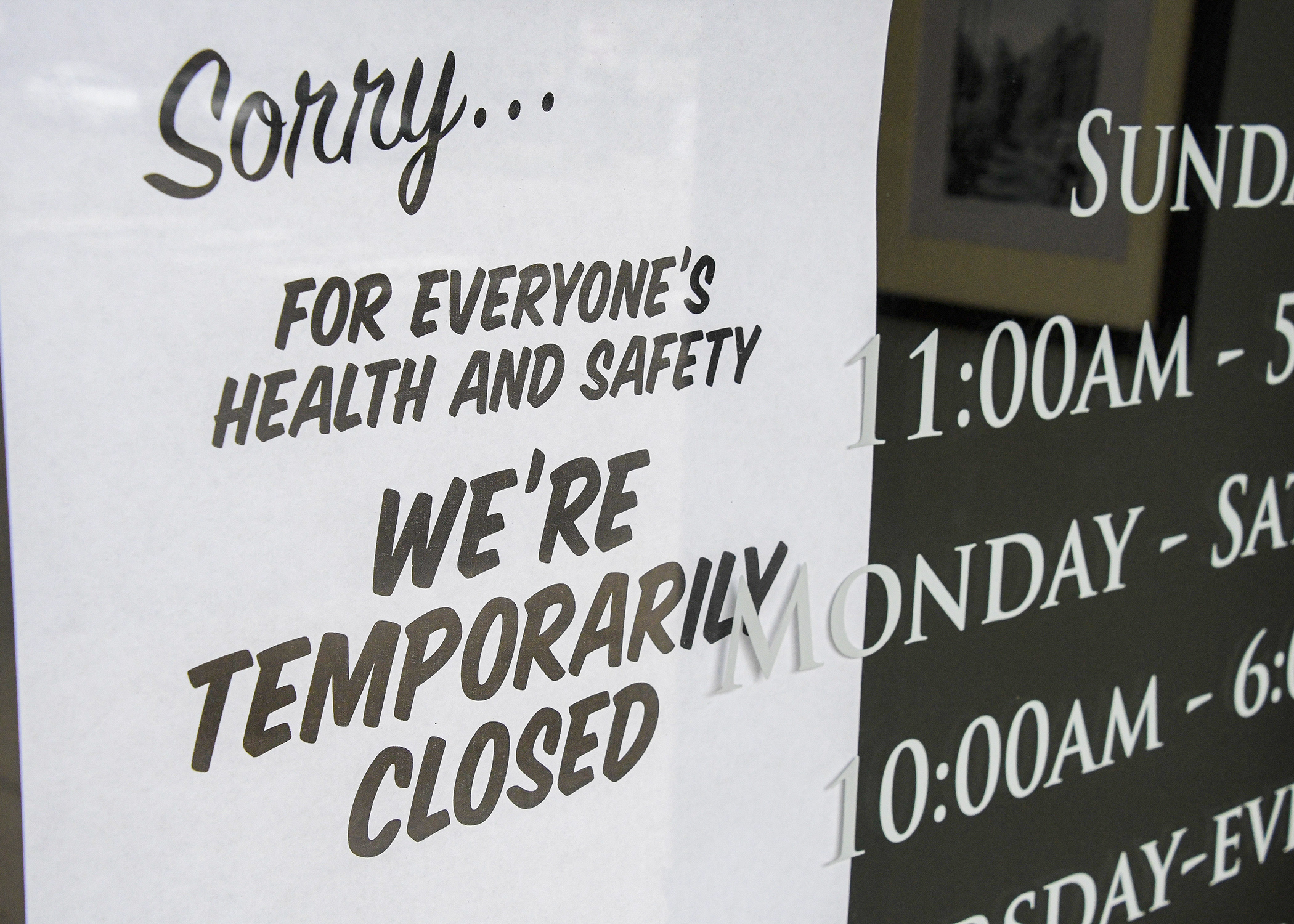MN restaurants — hit hard by pandemic — could see tax exemption

It’s been frequently said that no industry has been hit harder by the COVID-19 pandemic than restaurants. Restrictions on gathering have resulted in plummeting revenue, and many temporary closures have become permanent.
Restaurants that have stayed afloat have often put money into making their establishments safer for customers and workers, investing in Plexiglas barriers, personal protective equipment and redesigns that make outdoor dining and social distancing possible.
How can the state help its restaurant industry recover? Rep. Dave Baker (R-Willmar) has one idea: Make restaurants’ equipment purchases tax exempt.
That’s the focus of HF921.
Sponsored by Baker, it would not only expand the state’s sales tax exemption on capital equipment to include machinery and equipment used by restaurants, but would make it retroactive to include purchases made after Dec. 31, 2019. Also exempt would be any purchases made after March 1, 2020, to comply with any gubernatorial executive order or COVID-19 health guideline.
The bill was laid over by the House Taxes Committee Tuesday for possible omnibus bill inclusion. Its companion, SF1318, is sponsored by Rep. Carla Nelson (R-Rochester) and awaits action by the Senate Taxes Committee.
Nonpartisan House fiscal staff estimate the change would decrease state revenue by $18.3 million in fiscal year 2022 and $8.2 million the following year.
The debate about taxing restaurant equipment purchases didn’t first arise with the coming of COVID-19. Similar bills have been introduced in past legislative sessions, often accompanied by this argument: Manufacturers don’t pay sales tax on equipment purchases, and aren’t restaurants manufacturers of meals?
Ben Wogsland, director of government relations for Hospitality Minnesota, believes they are.
“They’re the only manufacturers required to pay tax on their equipment purchases,” he said. “And restaurants have to spend thousands of dollars annually just to keep their equipment up.”
Wogsland presented grim statistics about how the pandemic has affected restaurants, saying 120,000 Minnesota jobs in the industry have been lost and half of the state’s restaurants are in danger of closing.
Erik Forsberg owns restaurants in Minneapolis and Rogers. He said being reimbursed for the sales taxes on equipment since the pandemic began would average about $6,000 for each of his establishments.
“This isn’t the silver bullet that’s going to save my industry,” he said. “But it’s a brick in the road to recovery.”
“I hope we look hard at this,” Baker said. “This is the year of any years to do this for this industry.”
Related Articles
Search Session Daily
Advanced Search OptionsPriority Dailies
Speaker Emerita Melissa Hortman, husband killed in attack
By HPIS Staff House Speaker Emerita Melissa Hortman (DFL-Brooklyn Park) and her husband, Mark, were fatally shot in their home early Saturday morning.
Gov. Tim Walz announced the news dur...
House Speaker Emerita Melissa Hortman (DFL-Brooklyn Park) and her husband, Mark, were fatally shot in their home early Saturday morning.
Gov. Tim Walz announced the news dur...
Lawmakers deliver budget bills to governor's desk in one-day special session
By Mike Cook About that talk of needing all 21 hours left in a legislative day to complete a special session?
House members were more than up to the challenge Monday. Beginning at 10 a.m...
About that talk of needing all 21 hours left in a legislative day to complete a special session?
House members were more than up to the challenge Monday. Beginning at 10 a.m...
